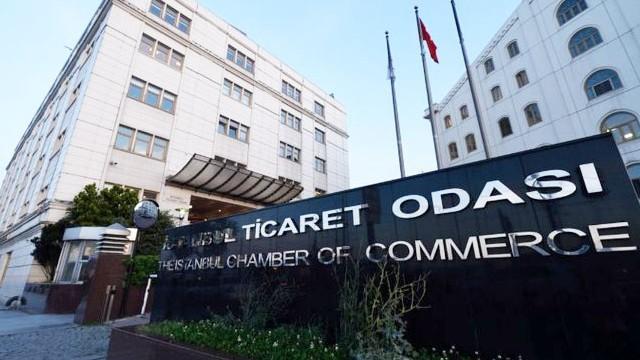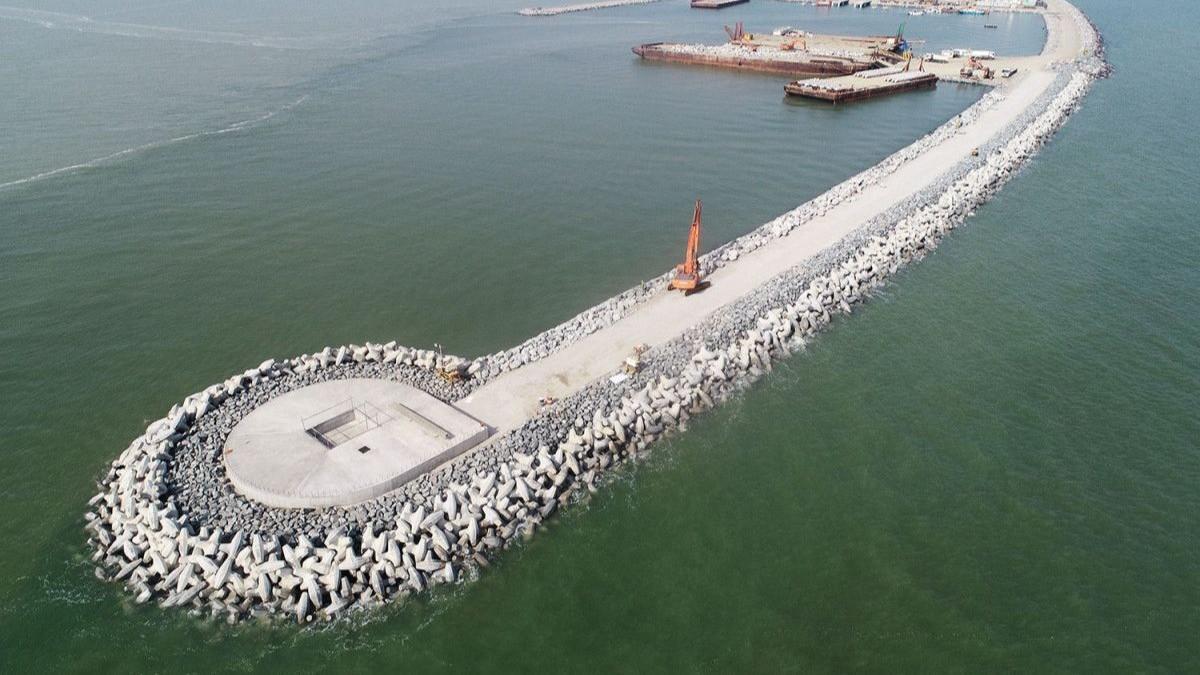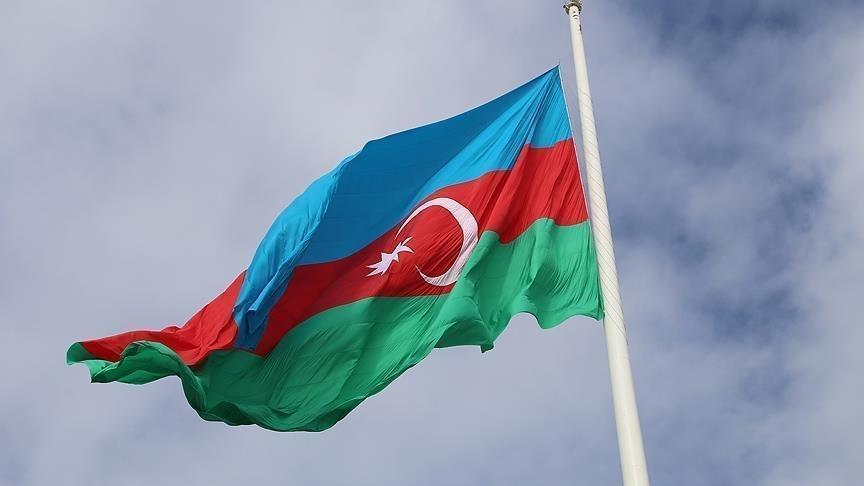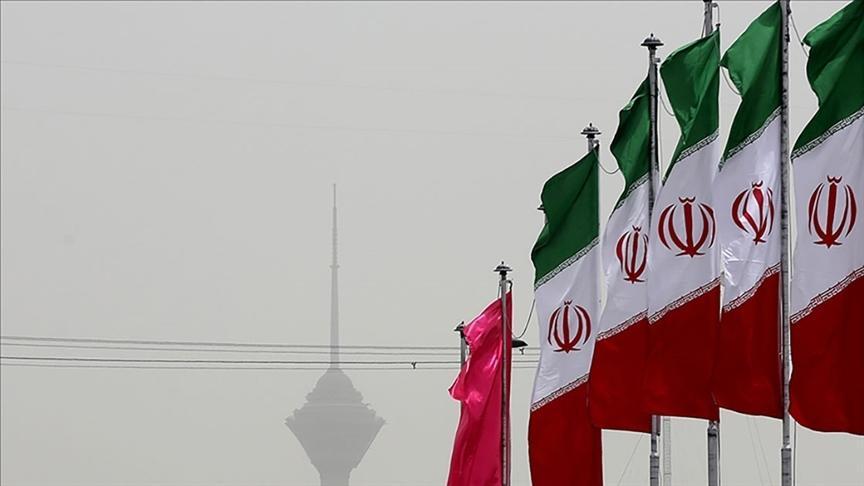Hillary Clinton airs insider’s take on world leaders
WASHINGTON - Agence France-Presse
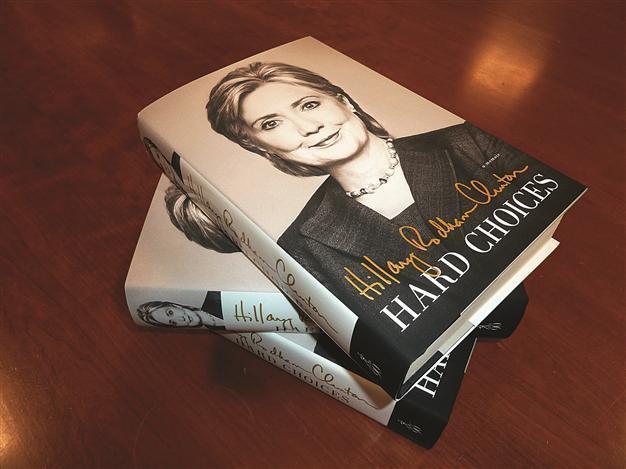
Hillary Clinton is seen with his husband Bill Clinton. The former secretary of state will appear at book events this week in New York, Chicago, Philadelphia and suburban Washington to promote her new book. REUTERS photo
Russia’s Vladimir Putin remains “fixated” on reviving the Soviet empire, China’s Hu Jintao was “aloof” and Iran’s Mahmoud Ahmadinejad a “bellicose peacock,” Hillary Clinton dishes about key world leaders in her new book.The former secretary of state presided yesterday over the closely-managed rollout of her new memoir, “Hard Choices,” which many observers interpret as an unofficial kickoff of her prospective 2016 presidential campaign.
After visiting 112 countries in her four years as top diplomat, Clinton sheds light on her dealings with power players at the heart of some of the world’s intractable problems and how her ties with them often set the tone in negotiations.
“The personal element matters more in international affairs than many would expect, for good or ill,” she writes. Among her most difficult relationships as America’s top diplomat was with Putin, with whom she had rocky ties after the failed U.S.-Russia “reset” at the outset of the Obama presidency.
“He’s always testing you, always pushing the boundaries,” she writes of Russia’s president, whom she described as an autocratic leader with an “appetite for more power, territory and influence.” In criticizing the Kremlin’s takeover of Crimea this year and its aggression in eastern Ukraine, Clinton warned such moves could backfire against a country already saddled with a sputtering economy.
“Think also of the long-term strategic interests Russia could pursue if Putin weren’t fixated on reclaiming the Soviet empire and crushing domestic dissent,” she writes.
China’s President Hu Jintao, meanwhile, was less directly combative and more “scripted” and “polite,” Clinton writes in her 635-page tome. With the United States and China the world’s two largest economies, the “predictability (and) formality” from leaders like Hu made sense to Clinton. But she stressed that Hu lacked the “personal authority” of predecessors like Deng Xiaoping.
“Hu seemed to me more like an aloof chairman of the board than a hands-on CEO,” she explained, citing her trips to Beijing where she often held more fruitful meetings with lower level dignitaries.
Ahmadinejad’s second term disaster
She reserved poignant criticism for Iran’s Ahmadinejad, whom she described as “a Holocaust denier and provocateur who... insulted the West at every turn.”
The Iranian leader showed himself to be a “bellicose peacock strutting on the world stage,” and unwilling to thaw the chilled relations with Washington enough to engage in meaningful negotiations over Tehran’s controversial nuclear program.
“President Ahmadinejad’s second term was a disaster, and his political standing at home had collapsed.”
Clinton wrote that her years of knowing Israel’s Benjamin Netanyahu helped ease their occasionally strained debates over the Mideast peace process and Iran’s nuclear program, which she said Netanyahu believed “was a bigger and more urgent threat to Israel’s long-term security than the Palestinian conflict.”
Among other U.S. allies, few appeared to hold as much sway for Clinton as German Chancellor Angela Merkel, whom she described as “the most powerful leader in Europe.” With leaders like Merkel quiet and reserved in person, France’s Nicolas Sarkozy proved the opposite, often offering “rapid-fire, almost stream-of-consciousness soliloquies” on foreign policy that sucked the oxygen out of a room.
“He would gossip, casually describing other world leaders as crazy or infirm,” she said.



